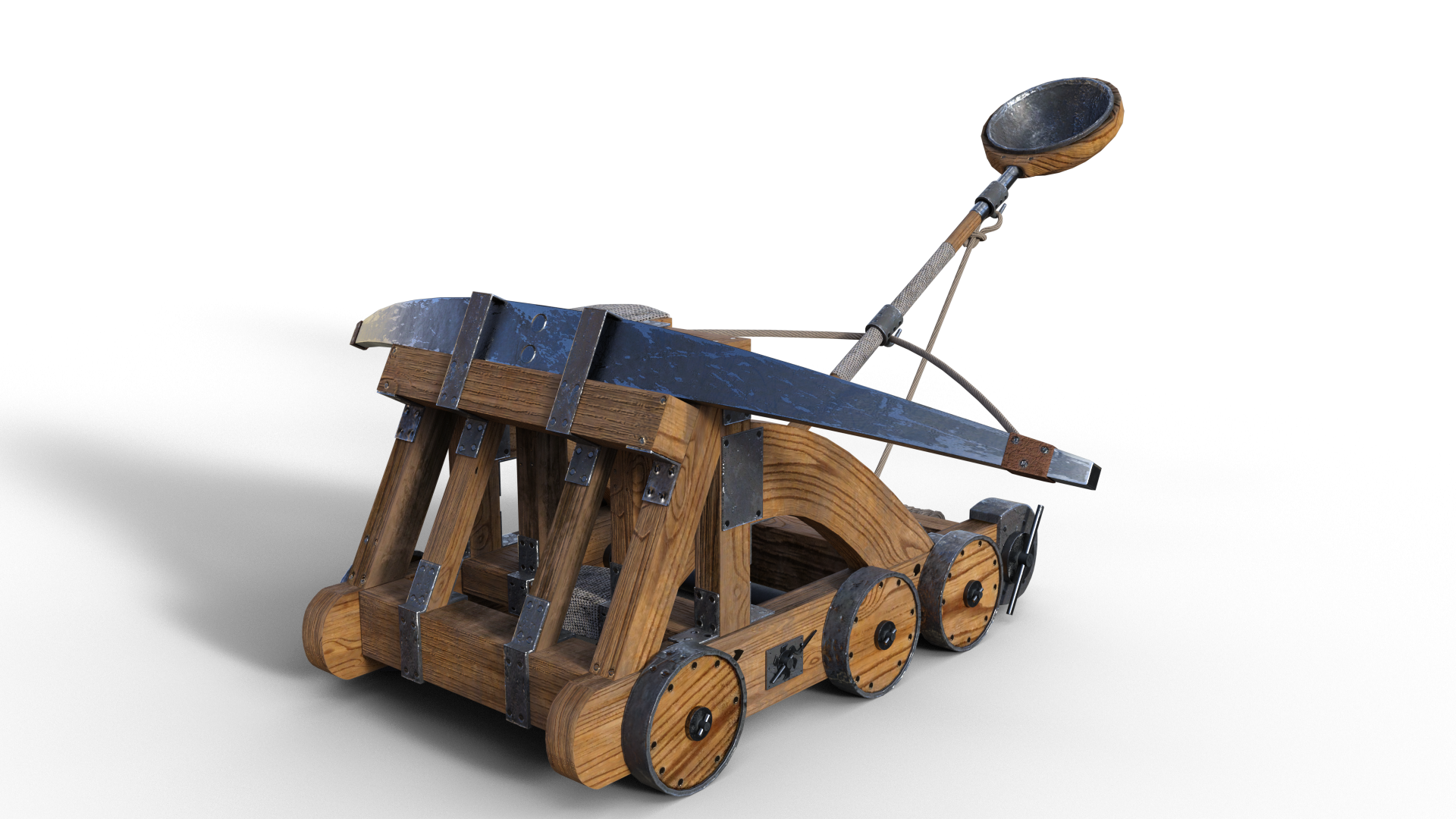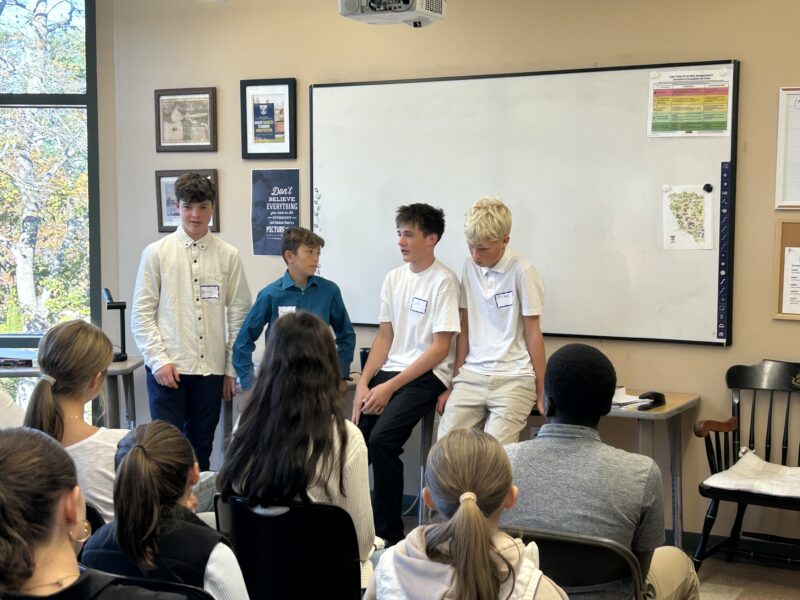
What is Character? – Guardian against Temptation… Catapult to Personal Destiny
So, what is this thing called character? Countless folks have tried to either define or explain it. I certainly have my faves:
Kevin Ryan: “To know, to do, and to love the good.” I love that! (Kevin is the founder and director emeritus of The Center for the Advancement of Ethics and Character at Boston University.)
Thomas Lickona, founder of the Center for the 4th and 5th R, delineates character into two distinct parts: “performance character” (e.g., self-discipline, grit, and persistence) and “moral character” (e.g., honesty, respect, and compassion). Good stuff.
I also like Tom’s definition of character education as “the deliberate effort to cultivate virtue in its cognitive, emotional, and behavioral dimensions through every phase of school life.” That may come the closest to describing what character educators try to do.
Other great quotes that get at this elusive definition:
“Parents can only give good advice or put them on the right paths, but the final forming of a person’s character lies in their own hands.” – Anne Frank (1929-1945)
“Character, like a photograph, develops in darkness.” – Yousuf Karsh (1908–2002), photographer
“Be more concerned with your character than your reputation, because your character is what you really are, while your reputation is merely what others think you are.” – John Wooden (1910-2010), basketball coach
“Moral excellence comes about as a result of habit. We become just by doing just acts, temperate by doing temperate acts, brave by doing brave acts.” – Aristotle (392-322 BC)
Guardian & Catapult
During my 45-year journey as a character educator, I have benefited from face-to-face encounters with people like Thomas Lickona and Kevin Ryan. I have also had great teachers who turned me on to the work and writings of many others. However, nothing has informed my understanding more powerfully than my experiences with students and colleagues. Considered as a whole, all of the above has led me to perceive character as a dual force that, when developed, serves as our guardian against temptation and our catapult to personal destiny.
Many, probably most of the character programs I have observed tend to be long on guardian and short on catapult. This is because of a common tendency to equate “character program” with “solution to a problem.” For example, parents and teachers might think, Hmm… Maybe a character program would cut down on bullying on the playground. Once the problem is “solved,” the character program returns to the shelf only to gather dust. By adulthood, most people know that character is critical in both good times and bad. However, because they are often called upon to focus on the urgent at the expense of the important, our schools spend a lot of time mired in the guardian trap. The Hyde Discovery Process seeks to put deliberate emphasis on the catapult in order to fuel an inspiring excitement for the road ahead and make those pesky school culture problems fade in the rearview.
– Malcolm Gauld



